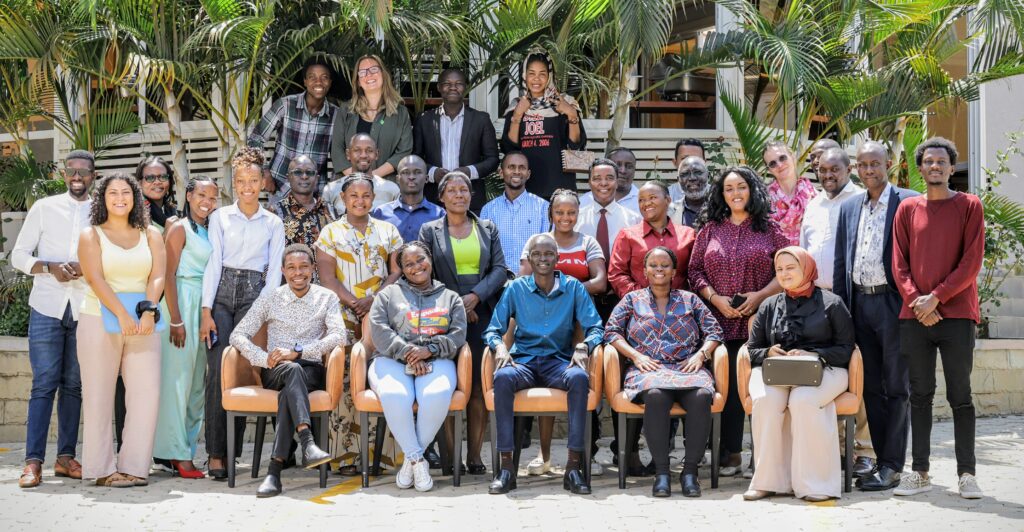Journalists from 10 Nile basin countries have gathered in Kampala for a five-day workshop on plastic pollution.
The training, organized by the Nile Basin Media Network (NBMN), in collaboration with the Media in Cooperation and Transition (MiCT), the East Africa Radio Service (EARS), German Cooperation, implemented by GIZ, the Nile Basin Discourse and the Nile Basin Initiative (NBI), aims to empower journalists to effectively investigate and report on plastic pollution.
The about 30 journalists are from Burundi, DRC, Egypt, Ethiopia, Kenya, Rwanda, Sudan, South Sudan, Uganda, and Tanzania.
In her opening remarks, NBI Executive Director Dr Florence Grace Adongo, highlighted the urgency of addressing plastic pollution, noting its detrimental impact on waterways, and its broader environmental and health implications.
“As journalists, your role in shaping public opinion, informing policy debates, and holding both government and industry accountable is crucial. You are at the frontline of influencing how people understand and respond to the plastic pollution crisis,” Dr Adongo stated.
With the world producing 430 million metric tons of plastic annually and more than two-thirds becoming waste, the environmental impact is profound. Research suggests that if current trends continue, plastic could contribute up to 19 percent of global greenhouse gas emissions by 2040, jeopardizing climate goals.
Dr Adongo also noted that the Nile, known as the “father of African rivers,” is among the top rivers discharging plastic into the Mediterranean Sea, contributing between 100 and 1,000 tons of microplastics annually.
The workshop will feature sessions on the latest research, hands-on citizen science, and strategies for effective reporting. Participants will also go for field visits to engage with local communities to better understand the real-world impacts of plastic pollution and explore collaborative approaches to mitigate the issue.
MiCT Project Coordinator Sarah Bebb, emphasized the importance of cross-border collaboration among journalists to tackle the transboundary challenge of plastic pollution.
“Having a network allows journalists to speak as a group and address issues across borders. It is always interesting to see how these issues are perceived in different countries,” Bebb said.
The Nile Basin Discourse Regional Monitoring and Evaluation Officer Ayenew Tessera Fenta, encouraged journalists to harness the power of citizen science to tell compelling stories and inspire action.
“Let’s work together to tell the stories that need to be told, amplify the voices that need to be heard, and inspire a world where plastic pollution is a thing of the past,” Tessera urged.
Plastic pollution impacts freshwater ecosystems and associated marine environments by affecting water quality, posing health risks to humans and animals, increasing flood risks, impairing water and transport infrastructure, and, if accumulated, becoming an aesthetic eyesore.
The workshop aims to inspire a new wave of investigative reporting that can drive policy changes and raise public awareness about plastic pollution in the Nile Basin.




